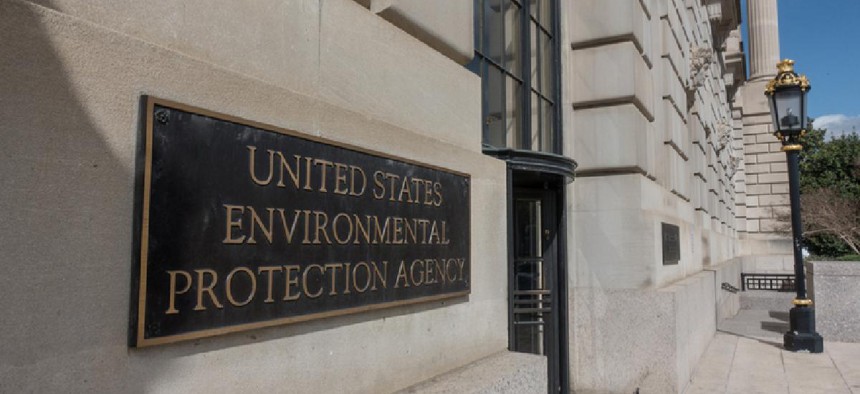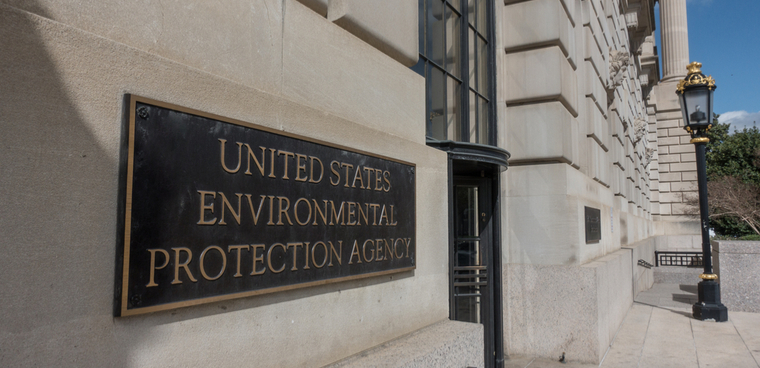EPA under fire from House panel for lax ethics enforcement

The House Oversight Committee wants to know why top officials have been able to sidestep or delay signing ethics pledges.

In a Jan. 17 letter to EPA Administrator Andrew Wheeler, the House Committee on Oversight and Reform rebuked the Environmental Protection Agency for allowing top officials to sidestep or delay signing ethics pledges. The issue came to light after House officials asked for pertinent documents during a May 2019 ethics investigation.
On May 16, the Oversight Committee requested copies of ethics pledges and authorizations from EPA officials, and that documentation showed that the agency had allowed political appointees to assume their posts and conduct agency business long before they officially signed ethics pledges.
Executive Order 13770, which President Donald Trump issued in January 2017, requires executive branch political appointees to sign a pledge that restricts their participation in matters related to their former positions, prohibits accepting gifts and bars them from engaging in lobbying activities for five years after their federal employment ends.
In one case, the Office of Air and Radiation's Assistant Administrator, William Wehrum, who had been a lawyer and lobbyist for companies in the oil, gas and coal sectors, worked for almost a full year before signing a recusal agreement.
"While serving without a finalized recusal settlement, Mr. Wehrum worked on topics that directly impact the oil and gas industry, such as rolling back fuel economy standards," Chairwoman Carolyn Maloney (D-N.Y.) and Environment Subcommittee Chairman Harley Rouda (D-Calif.) wrote. Wehrum left the EPA in June 2019.
The letter stated that at least five political appointees did not have signed ethics agreements on file, that at eight had failed to sign pledges in a "timely manner," and that it took an average of 49 days for them to sign pledges after they assumed office. Maloney and Rouda also said that the EPA was slow to put forth recusal settlements for officials with former ties to the industries they oversaw and that 26 appointees had taken over three weeks to prepare settlements and another 151 days to actually finalize them.
The Oversight Committee's letter is the latest development in an investigation that has been unfolding since 2017, when the Office of Government Ethics first began looking into EPA officials' compliance with ethics guidelines. Former EPA Administrator Scott Pruitt faced congressional inquiries into his use of funds and management style.
Maloney and Rouda gave EPA Chief Counsel Matthew Leopold and Agency Ethics Official David Cozad a deadline of Jan. 30 to hold a staff briefing with committee members during which they would be expected to discuss EPA's ethics programs and any plans to bring agency officials into compliance with ethics guidelines.


